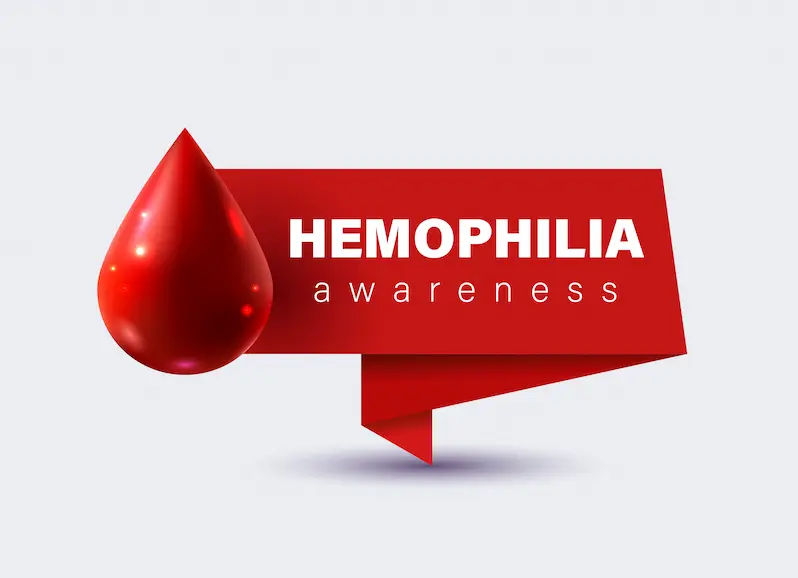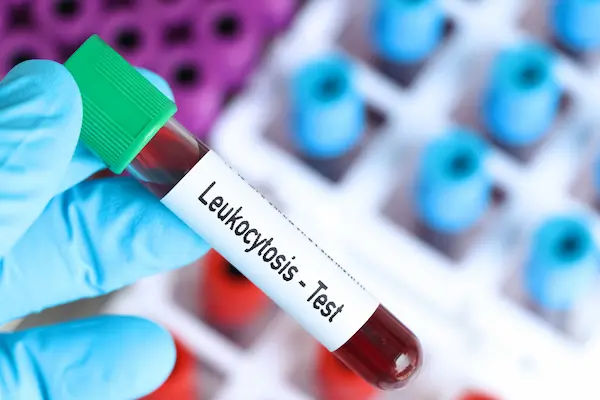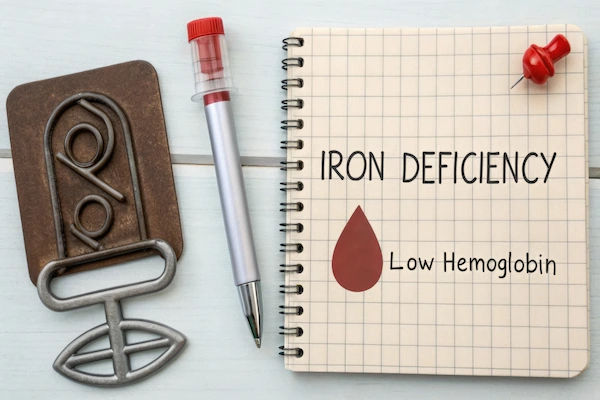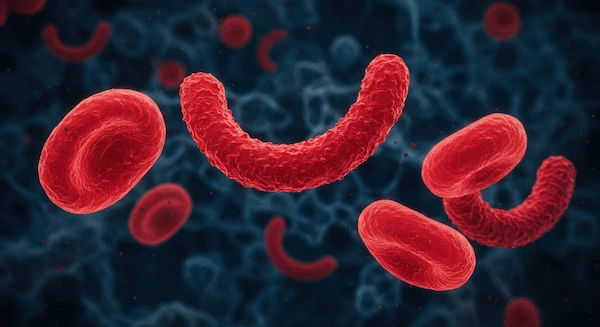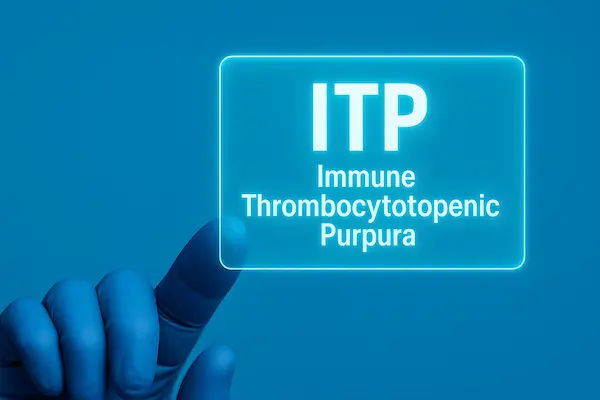- male
- 60 Years
- 22/01/2025
I'm really concerned about my dad's D-Dimer levels. They were supposed to stay below 500, but now they've shot up to 900. He was in quarantine for about 25 days and recently discharged from the hospital, but this rise in D-Dimer really worries me. Some doctors say it's normal post-COVID, while others say it's not. He's feeling okay, with no cold, cough, or other COVID symptoms now. What can be done to keep these levels in check? I'm anxious about how to handle this situation.
Answered by 1 Apollo Doctors
Elevated D-Dimer levels post-COVID-19 can be concerning. To help control this, your dad can be prescribed anticoagulant medication. I recommend he takes Apixaban (Eliquis) 5mg twice daily. This medication will help prevent blood clots and keep the D-Dimer levels in check. It is important to follow up with his healthcare provider for regular monitoring and adjustment of the dosage as needed.
Dr. Mubarak Suggests...
Consult a Haematologist
Answered 04/07/2025
0
0

More Haematology Health Queries
View allSo, my dad is 59 and he's had this high d-dimer level at 1.82. He got over COVID about 47 days back. Just after he got discharged, we checked, and the d-dimer was at 0.5, but now it's jumped to 1.82. Plus, his white blood cells went down from 10,000 to 4,000 over these weeks. Is this something we should be really worried about? Can you suggest any treatment or ideas on what's going on?
post covid sequelae ! take multivitamin tablets and timely eating continue..
Answered by 1 Apollo Doctors
I'm a bit worried because my B12 level is 50, suggesting a deficiency, but all my CBC measurements are in the normal range. Should I be concerned about anything specific? Also, since it seems like I've had this B12 deficiency for years, what kind of effects might this have had on my body?
yes
Answered by 1 Apollo Doctors
I'm working as a receptionist at a clinic, and I came across a report where a 38-year-old lady had her platelet counts highlighted as high. The normal range listed was 1.5 to 4.5 lakhs, but I'm a bit unsure about what count is actually considered too high. Could you explain what qualifies as a high platelet count?
Yes, the normal platelet count range is typically between 1.5 to 4.5 lakhs per microliter of blood. A count above 4.5 lakhs would be considered high, and it can indicate conditions like inflammation, infection, or certain medical disorders. It's important to investigate further to understand the cause.
Answered by 1 Apollo Doctors
Disclaimer: Answers on Apollo 247 are not intended to replace your doctor advice. Always seek help of a professional doctor in case of an medical emergency or ailment.

